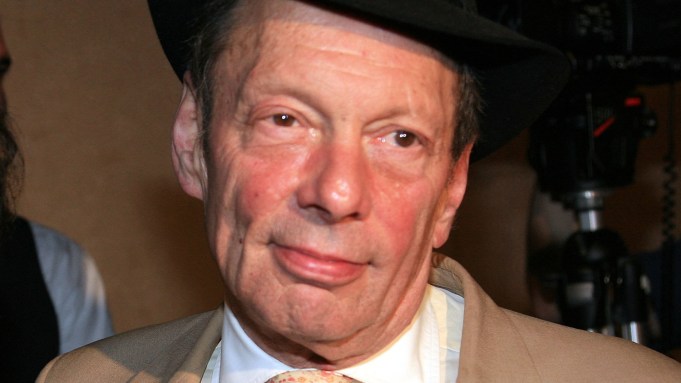
Rock Brynner, who escaped the shadow of his iconic actor father Yul Brynner to launch a multifaceted career, died Oct. 13 in Salisbury, Connecticut. He was 76 and was in hospice battling complications of multiple myeloma, according to family friend Maria Cuomo Cole.
Like many children of major celebrities, Rock Brynner tried to carve his own path. That included time spent as a road manager for The Band, bodyguard for Muhammad Ali, farmer, pilot, street performer, novelist, and professor of constitutional history at several universities.
Rock Brynner attended Yale, Trinity College Dublin, and Columbia, where he received a doctorate in American history in 1993 before teaching for more than a decade at Marist College, in Poughkeepsie, N.Y.
His life was filled with intriguing stints in various roles. He wrote a one-man play based on French playwright Jean Cocteau’s addiction memoir, “Opium,” which he performed briefly on Broadway in 1970. Cocteau was Brynner’s godfather.
From there, he traveled around Europe as a mime, and developed drug and alcohol problems. He turned that period into his first novel, The Ballad of Habit and Accident (1981).
While in Europe, he joined the entourage of Muhammad Ali, who was at the time stripped of his championship over his antiwar stance. Ali referred to him as his “bodyguard,” even though the roles were unlikely.
Brynner worked as Ali’s press liaison, and Brynner’s connections in Dublin enabled Ali to fight a high-profile bout against Al “Blue” Lewis in that city in 1972.
After returning to the United States, Brynner became friends with Robbie Robertson, the guitarist and chief songwriter for The Band, and often drove the group’s tour bus. Brynner is credited for introducing Robertson to a friend, the director Martin Scorsese, resulting in The Last Waltz, a concert documentary that has been widely praised.
Moving along, Brynner met Isaac Tigrett in a bar. Tigrett had an idea for a rock ’n’ roll-themed restaurant, and Brynner and his father became early investors in the Hard Rock Cafe, founded by Tigrett and Peter Morton.
Morton’s father owned the Morton’s steakhouse chain, and when Tigrett expanded to New York in 1984, he hired Brynner as manager. The restaurant was, for a time, the place to see and be seen in Manhattan. That lasted a year.
By the mid-1980s, Brynner returned to writing. He wrote a biography of his father, Yul: The Man Who Would Be King (1989), while completing his doctorate in American history at Columbia, with a specialty in constitutional history.
After receiving his doctorate, Mr. Brynner taught at Marist and at Western Connecticut State University. He also continued to write, adding another novel, The Doomsday Report (1998), and a study about the controversial drug thalidomide (Dark Remedy: The Impact of Thalidomide and Its Revival as a Vital Medicine).
He also traced his family’s roots in eastern Russia in Empire and Odyssey: The Brynners in Far East Russia and Beyond, and, with Andrew Cuomo, the brother of Maria Cuomo Cole, who was governor of New York at the time, detailed state water policy in Natural Power: The New York Power Authority’s Origins and Path to Clean Energy
He is survived by his sisters, Victoria, Mia and Melody Brynner and Lark Bryner, who uses the original spelling of the family name.
Must Read Stories
Subscribe to Deadline Breaking News Alerts and keep your inbox happy.

